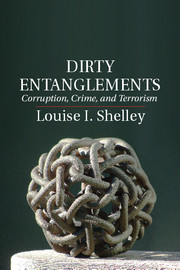Introduction
Published online by Cambridge University Press: 05 August 2014
Summary
In mid-January 2013, a coalition of diverse jihadi groups seized control of the In Amenas gas field in Eastern Algeria, close to the Libyan border. The field provides 5 percent of the gas produced in Algeria. The attack, blessed by al-Qaeda in the Mahgreb (AQIM), a powerful al-Qaeda affiliate, revealed the power of the radical Islamists to take control of a large and economically important site with more than eight hundred employees. The attack is believed to have been planned by Mokhtar Belmokhtar, who started a splinter group from AQIM not long before the attack.
Operating under a policy that prohibited negotiation with terrorists, the Algerian state launched a military siege against the gas facility that resulted in high numbers of casualties. More than thirty attackers died, and at least three dozen hostages from eight countries also perished. The well-armed assailants had terrorized the hostages before their rescue or death.
These are the simple facts of the case. Yet this single act of terrorism epitomizes the main principles of this book, that the interaction of crime, corruption, and terrorism is having a tremendous impact on both security and the global economy. This attack – designed to command international attention – was characteristic of contemporary security threats, where the challenge comes from nonstate actors rather than governments. This attack was a strike at the core of the Algerian economy yet caused numerous foreign casualties. It reveals the consequences of globalization, where foreign investment and workers from diverse countries are placed in ever more remote locales and unstable regions, especially as the world seeks to tap ever more distant sources of oil and gas. Carried out in a lightly guarded desert locale, it reveals the strategic thinking of the terrorists. They were willing to carry out what was almost certainly a suicide mission to advance their goals by attacking an oil facility employing citizens from many different countries. Yet they did this with advanced weaponry that they had acquired and knew how to deploy.
- Type
- Chapter
- Information
- Dirty EntanglementsCorruption, Crime, and Terrorism, pp. 1 - 26Publisher: Cambridge University PressPrint publication year: 2014



